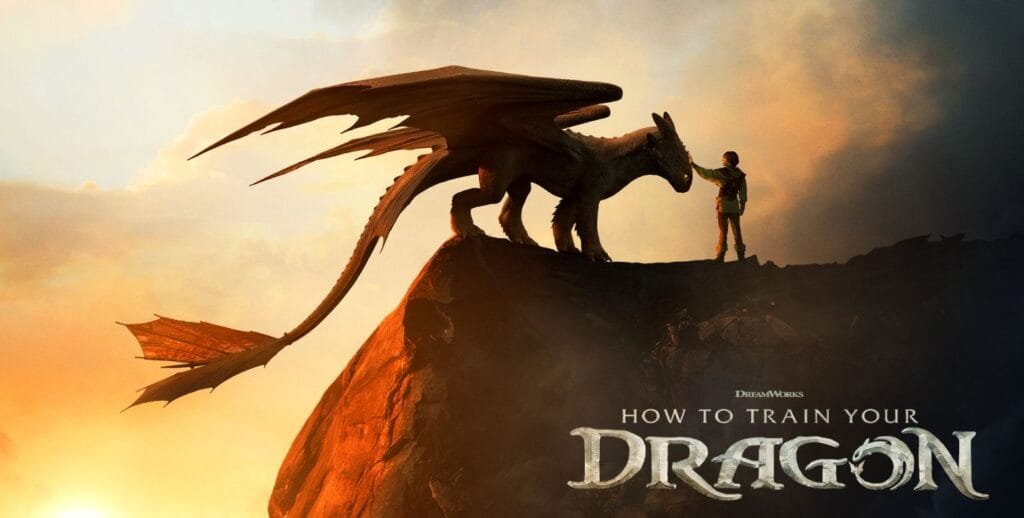Fifteen years ago, the animated “How to Train Your Dragon” captured hearts, leaving an indelible mark with its exhilarating dragon-riding sequences and iconic theme music. Now, Dean DeBlois, who co-directed the 2010 animated hit, returns to helm the live-action adaptation, facing the challenge of recreating that magic for a new era and an audience that has grown up with the original. Despite initial skepticism, the 2025 version manages to evoke a similar sense of euphoria and nostalgia, proving that some stories, even when retold, never lose their charm.
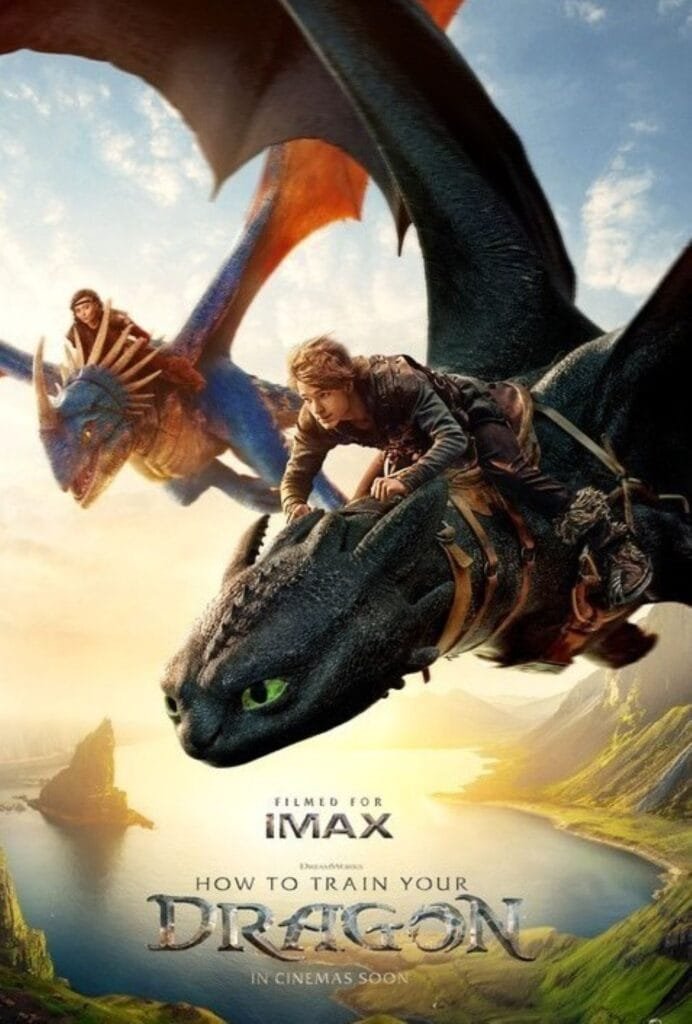
For those familiar with the 2010 film, the premise remains largely unchanged. The story unfolds in Berk, a Viking village constantly terrorized by dragons. Hiccup, the seemingly soft son of Chief Stoick, yearns to prove himself by slaying a dragon. His journey takes an unexpected turn when he encounters and befriends a rare Night Fury dragon, whom he affectionately names Toothless.
Direction
Dean DeBlois masterfully navigates the transition from animation to live-action. Instead of a direct scene-for-scene recreation, DeBlois redevelops each sequence, enriching the world and its characters with greater detail. While the live-action format imposes certain creative limitations and lends itself to a darker, more realistic tone, the film effectively shifts its target audience to an older age bracket. The vibrant, punchy colors of the animated feature are replaced with a more subdued visual palette, and the dragons’ skin textures are so realistic that younger viewers might find the initial encounters between Hiccup and Toothless genuinely unsettling.
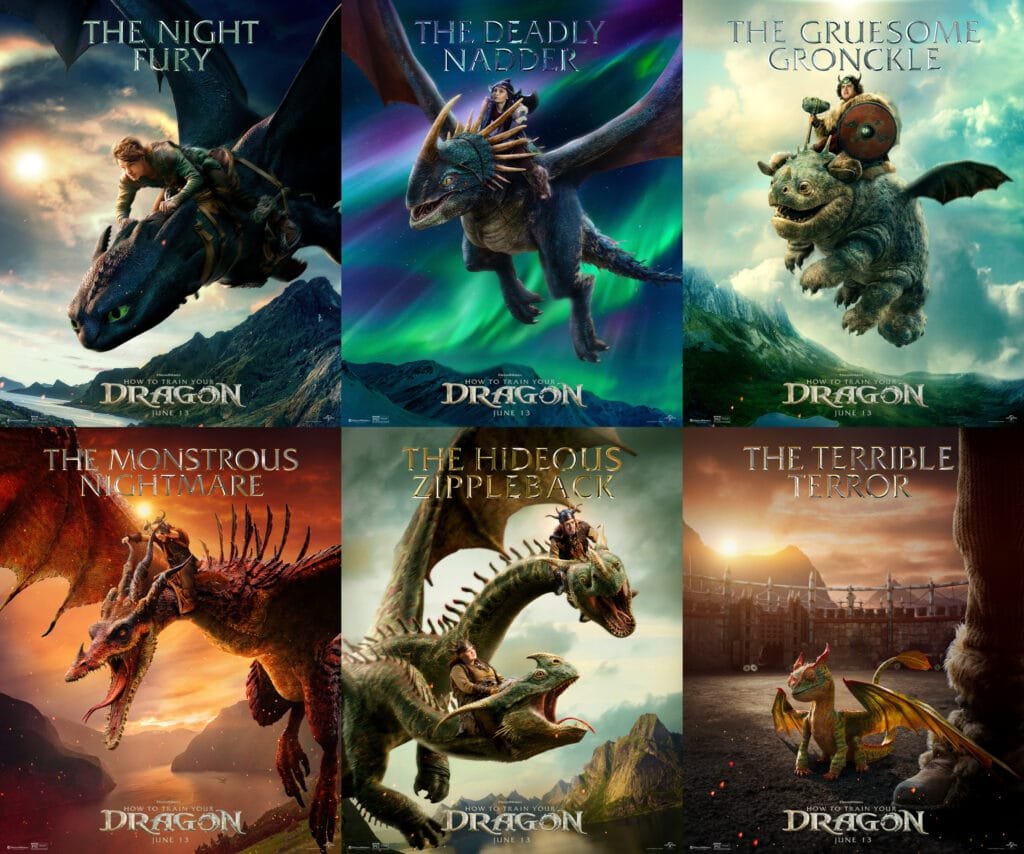
The film’s extended runtime of 125 minutes, compared to the original’s 98, allows for a deeper exploration of character dynamics. Hiccup’s mother, a minor mention in the animated version, plays a more significant role here, positioning Hiccup’s affinity for dragons as a connection to his lost parent. Subtle nods to diversity are woven into Stoick’s speeches, while the discussions between Hiccup and Astrid regarding their loyalties possess a more mature and debatable tone, echoing real-world conflict scenarios. DeBlois’s direction convinces, effectively recreating the original’s blend of drama, cuteness, and thrilling dragon rides, all while adhering to the demands of a realistic live-action environment.
Acting
The cast delivers commendable performances, embodying their animated counterparts with believable depth. Mason Thames as Hiccup perfectly captures the character’s initial hesitations and evolving courage, making him a relatable protagonist. Nico Parker portrays Astrid with conviction, showcasing the character’s inherent confidence and fierce determination. Gerard Butler, who voiced Stoick in the animated film, truly embodies the mighty Viking chieftain in live-action. His physicality and command of the role are impressive, with moments that tap into his formidable “Leonidas energy.” Nick Frost as Gobber provides excellent support, serving as a charming and effective bridge between father and son.
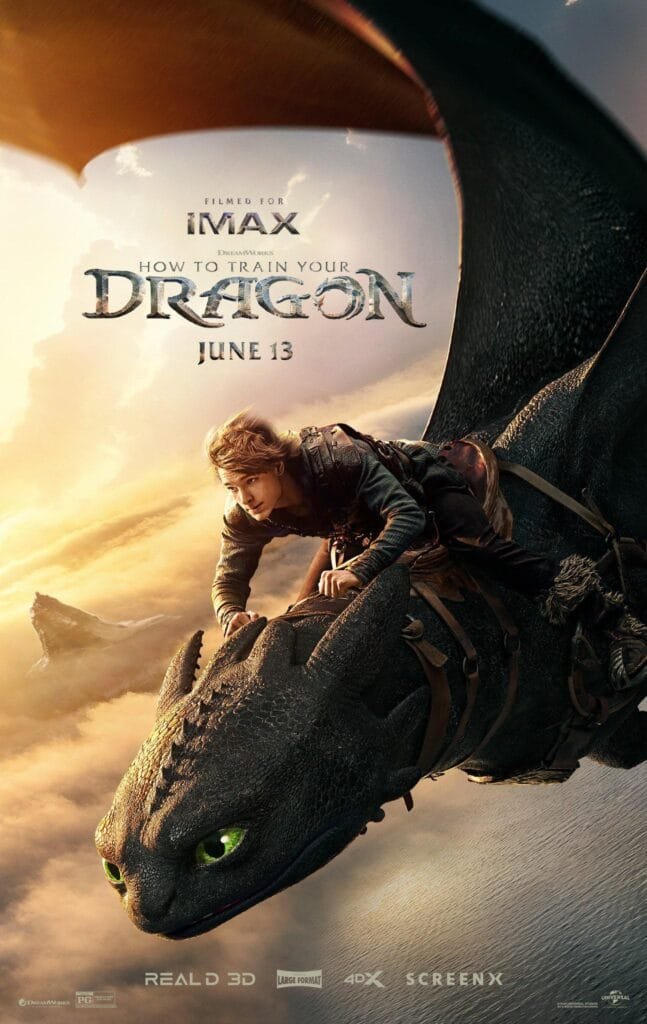
Technical Side
The film excels in its technical execution, particularly in its visual effects. The CGI dragons are eye-popping, and Toothless, while maintaining his familiar design, now boasts a matte skin finish instead of the glossy texture of his animated counterpart, making him more intimidating in early scenes. The overall quality of the CGI elements is superior, creating a visually stunning experience. The cinematography skillfully re-creates iconic scenery and dramatic interior shots, enhancing the visual appeal. The flying sequences are breathtaking, offering a truly immersive and exhilarating experience that showcases remarkable creativity.
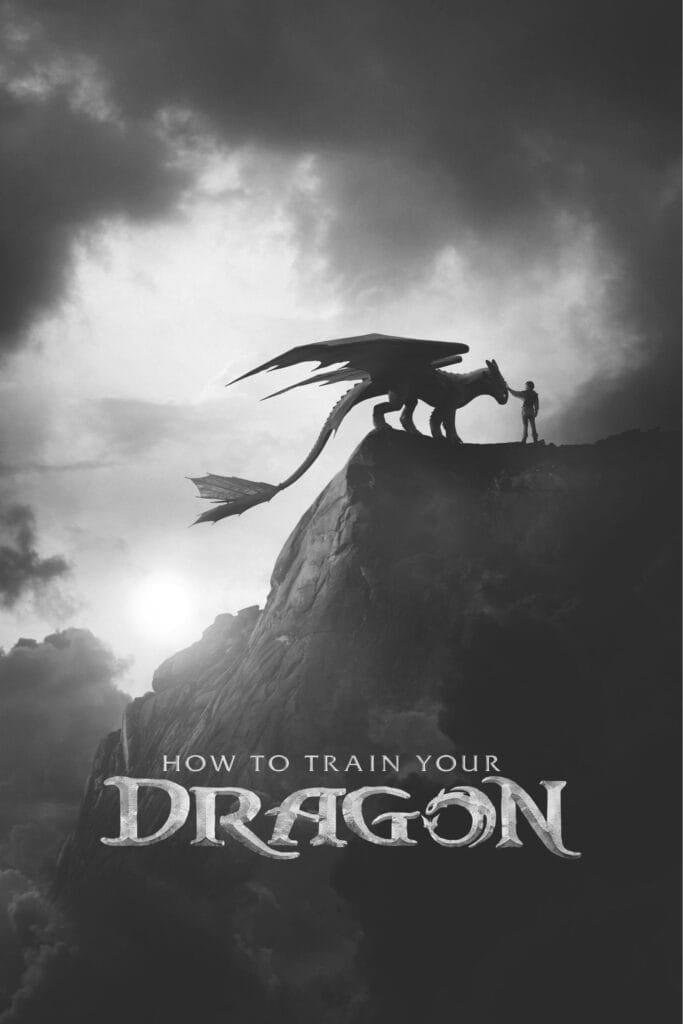
Music
John Powell’s iconic theme score remains a powerful element of the film, continuing to induce goosebumps and enhancing the emotional and thrilling moments. The music plays a vital role in recreating the adrenaline rush associated with the dragon rides, effectively linking the live-action experience to the beloved animated original.
Overall
“How to Train Your Dragon” (2025) is a compelling live-action adaptation that honors its animated predecessor while successfully carving out its own identity. It’s a nostalgic trip that still manages to soar, making a strong case for inclusion and empathy within its fantastical world. Have you seen the original animated film, and if so, how do you think this live-action version might compare in terms of impact?
